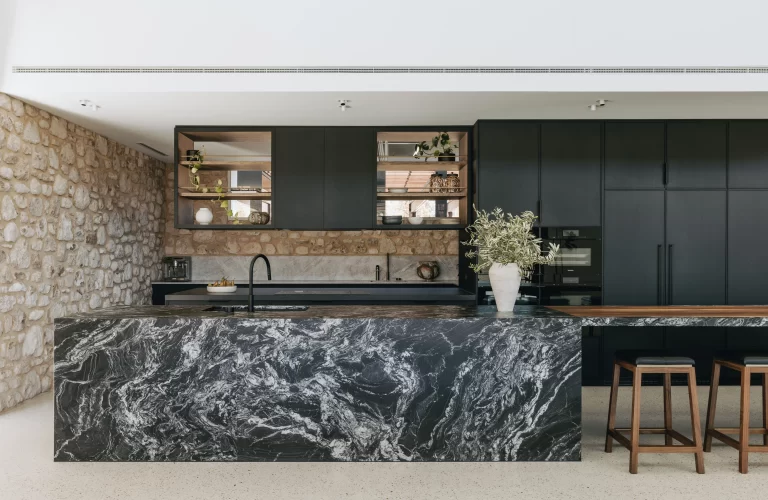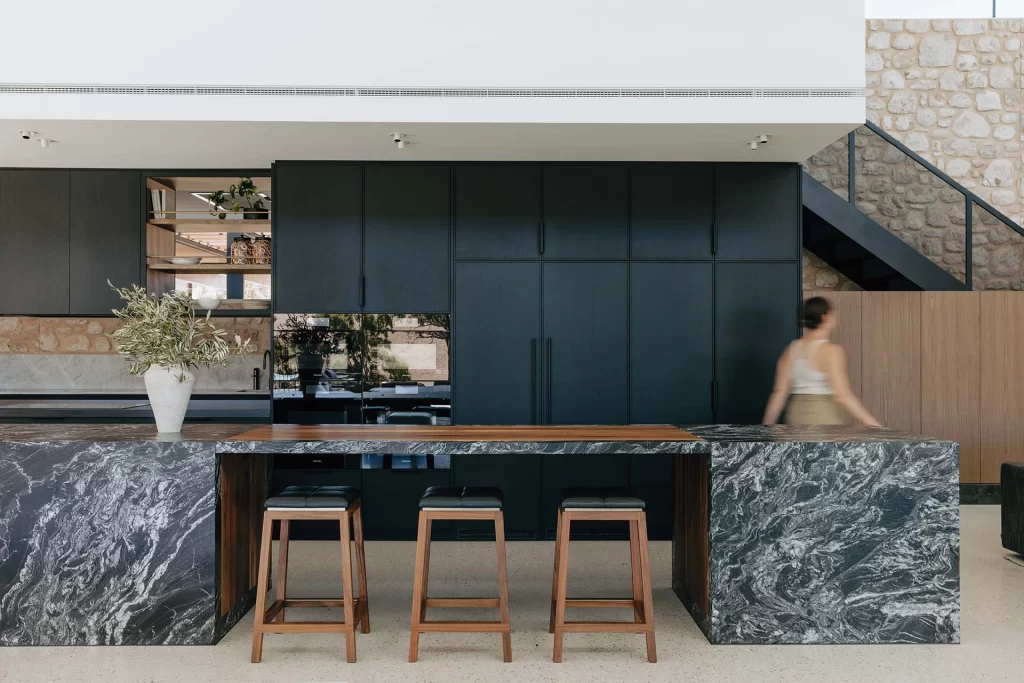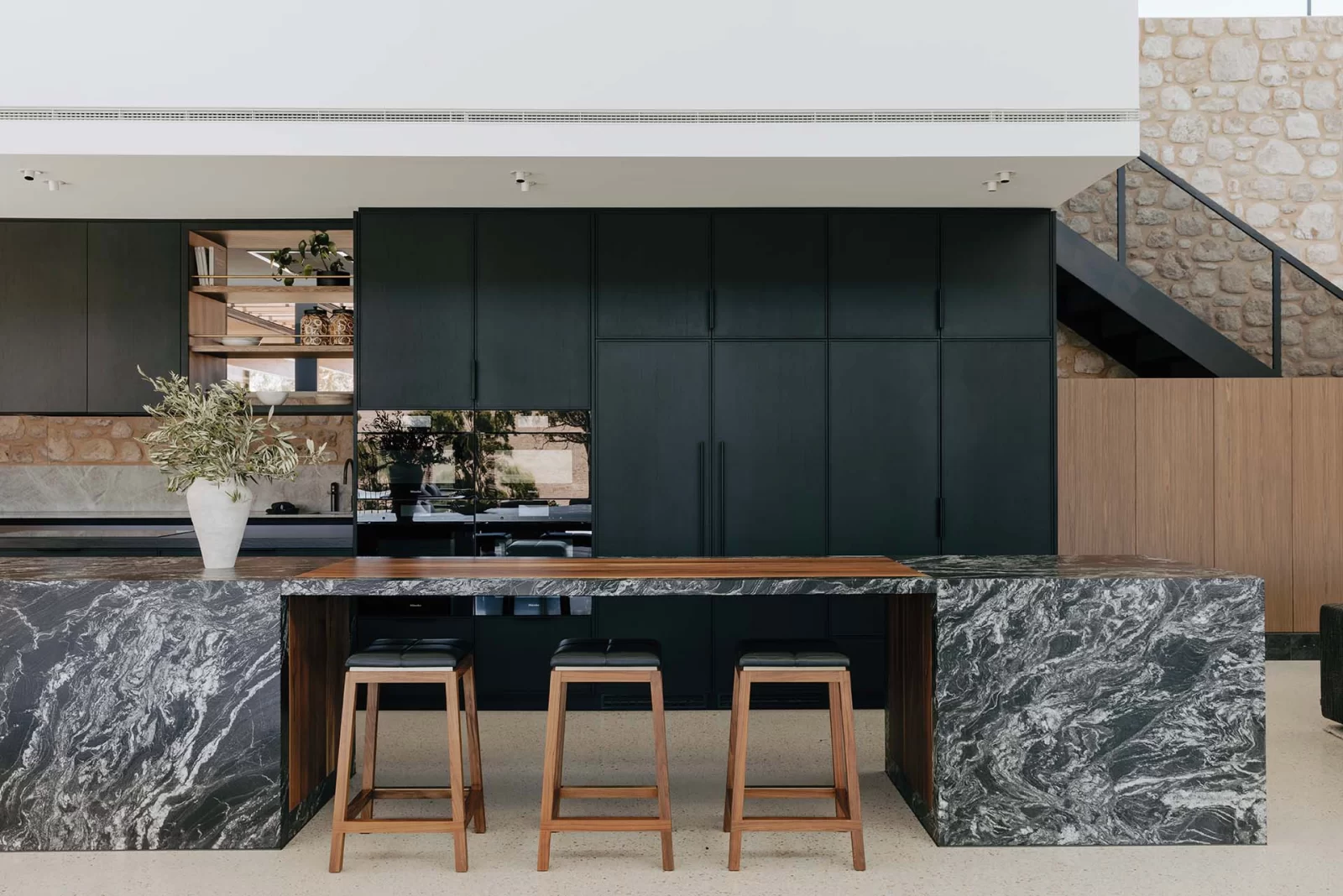How to Seal Stone Benchtops? Essential Tips for Long Lasting Protection
Stone benchtops offer timeless beauty and durability, but they require sealing to maintain their appearance and resistance to stains. Knowing how to seal and care for stone benchtops can extend their lifespan and keep them looking their best, especially in high use areas like kitchens and bathrooms. This guide walks through the process of sealing stone benchtops adelaide, whether they’re granite, marble, or porcelain benchtops, with tips to ensure your surfaces remain stain resistant and easy to clean.
Why Sealing is Important for Stone Benchtops?
Stone is naturally porous, which makes it susceptible to absorbing liquids, oils, and other substances that can cause stains. Sealing your natural stone benchtops, creates a protective barrier on the surface of the stone, helping to prevent moisture, spills, and other contaminants from penetrating. Unsealed stone is more likely to develop stains and discolouration, which can be challenging to remove without professional help.

How Often Should You Seal Your Stone Benchtop?
The frequency of sealing depends on the type of stone, its finish, and how much use it gets. Some types of natural stone, like granite, may only need sealing once a year, while more porous stones like marble may need it every six months. To determine if your marble benchtop needs sealing, simply sprinkle a few drops of water on its surface. If the water soaks in within a few minutes, it’s time to reseal. Discover more about How To Care For Marble Benchtops.
Step-by-Step Guide to Sealing Stone Benchtops
1. Choose the Right Sealer
Select a high quality stone sealer that matches your stone type. Common options include penetrating sealers for deep protection or surface sealers for enhanced stain resistance. Some sealers are specifically designed for marble, granite, or other natural stones, so check the label to ensure compatibility.
2. Prepare the Surface
Clean the stone benchtop thoroughly to remove dust, grime, and remove any residues that could interfere with the sealer. Use a pH-neutral cleaner to avoid damaging the stone. If your benchtop has stains, consider removing them first with a stone safe stain remover.
3. Apply the Sealer
Follow the sealer’s instructions carefully. Generally, you’ll want to apply a generous amount of sealer using a soft cloth or sponge, working in small sections to ensure even coverage. TIP: Avoid overlapping areas to prevent streaking.
4. Allow Time for Absorption
Let the sealer absorb into the stone for the recommended time, typically around 5 -15 minutes. If any areas appear to dry faster than others, add a bit more sealer to maintain an even coat.
5. Wipe Off Excess Sealer
After the absorption time, use a clean cloth to wipe away any excess sealer. Leaving excess product on the surface can create a hazy appearance, so be thorough in this step.
6. Let the Sealer Cure
Allow the sealer to cure as per the manufacturer’s instructions. This can take anywhere from 24 to 48 hours, during which it’s best to avoid placing anything on the benchtop or exposing it to water and heavy use.
Additional Tips for Maintaining Sealed Stone Benchtops
Additional Tips for Maintaining Sealed Stone Benchtops
- Clean Spills Promptly: Even sealed benchtops are not completely stain proof, so it’s essential to wipe up spills quickly.
- Use Stone-Safe Cleaners: Harsh chemicals can degrade the sealer over time. Opt for a pH-neutral cleaner specifically formulated for stone.
- Avoid Scratching: Although stone is durable, sharp objects can scratch its surface, potentially exposing areas to stains.
How to Clean Stone Benchtop Stains?
Sealing helps protect against most stains, but accidents happen. If you notice a stain on your stone benchtops Adelaide, act quickly. For most spills, a simple mixture of warm water and mild dish soap works well. For stubborn stains, use a mix made of baking soda and water applied directly to the stain. Let it sit overnight, then gently wipe it away. Read our blog about How To Remove Stains From A Stone Benchtops.

FAQ: Sealing Stone Benchtops in Adelaide
1. Why is sealing stone benchtops necessary? Sealing creates a protective layer that prevents liquids, oils, and other substances from penetrating the stone, reducing the risk of stains and damage to your stone benchtops.
2. How often should I seal my stone benchtop? The sealing frequency depends on the type of stone. Granite typically requires sealing once a year, while more porous stones like marble may need sealing every six months.
3. How can I tell if my benchtop needs resealing? Perform a simple water test: Sprinkle a few drops of water on the surface. If the water soaks in within a few minutes, it’s time to reseal.
4. Can I seal my stone benchtop myself? Yes, with the right products and instructions, sealing can be a DIY task. However, for best results, professional assistance is recommended. Uniq Stone offers expert sealing suggestions for flawless results.
5. What type of sealer should I use? Choose a high-quality stone sealer that matches your stone type. Options include penetrating sealers for deep protection and surface sealers for enhanced stain resistance.
6. How long does the sealing process take? The application is quick, but the sealer requires curing time, which usually takes 24 to 48 hours.
7. Can sealed benchtops still get stained? While sealing provides significant protection, it does not make the surface completely stain-proof. Prompt cleaning of spills is essential.
8. Are professional sealing services worth it? If you’re unsure or dealing with a valuable stone benchtop, professional sealing ensures optimal protection and longevity. Uniq Stone’s team of experts can ensure your benchtops receive the best care for lasting beauty.
9. When to Seek Professional Help?
If you’re unsure about sealing your stone benchtop yourself or dealing with tough stains, professional assistance may be worthwhile.
At Uniq Stone, our team of stone experts is equipped to handle every aspect of stone care, from applying to recommending high-grade sealers to restoring heavily stained surfaces. We use industry-leading products and techniques to ensure your benchtop is sealed correctly, with protection that lasts. Whether it’s a granite, marble, or porcelain surface, Uniq Stone can provide expert advice and tailored services to keep your benchtop in top condition.
If you’re looking for expert assistance, Uniq Stone is here to help. With our experience in sealing, maintaining, and restoring stone surfaces, we make it easy to keep your benchtops in pristine condition.
Contact Uniq Stone today for a consultation and give your natural stone benchtops the professional care they deserve.

